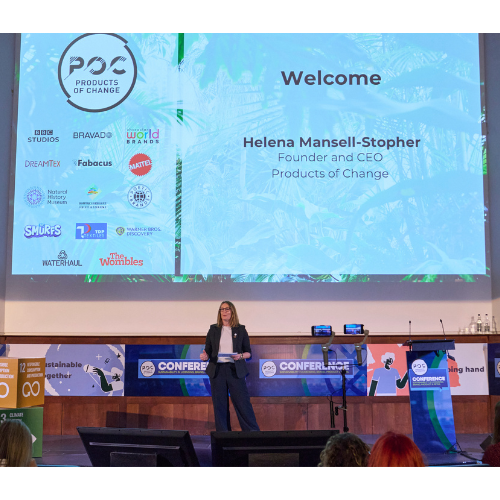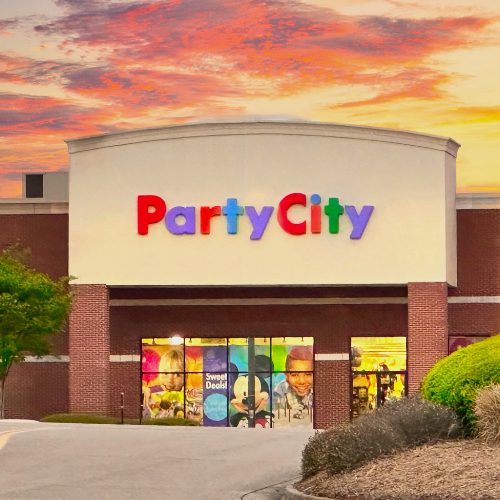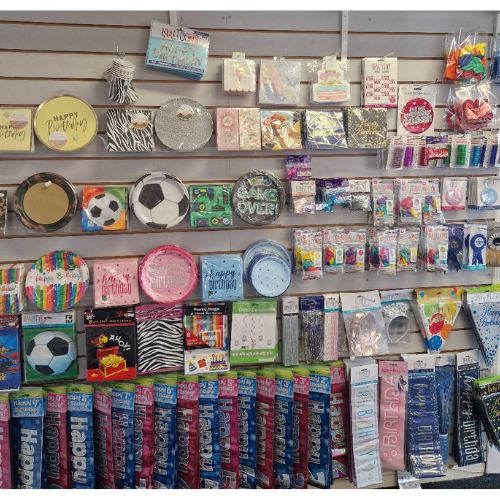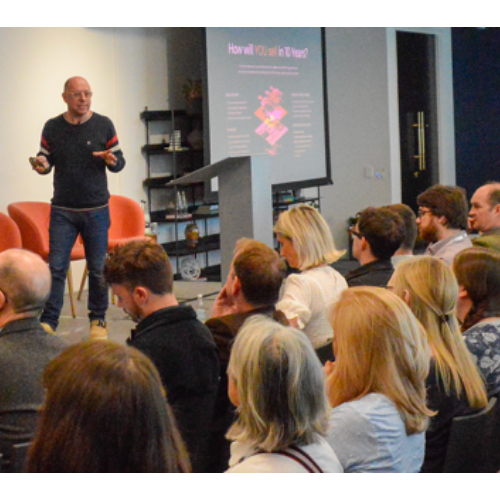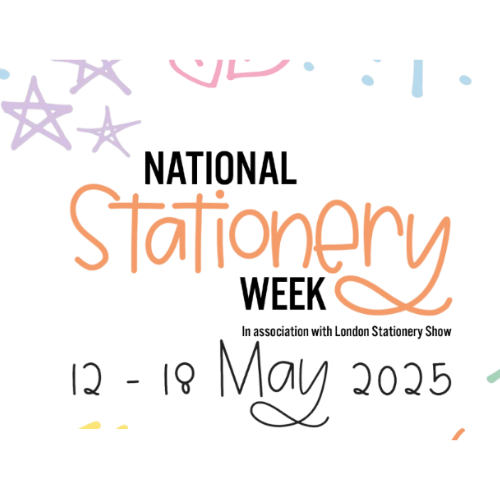The UK party and dress-up industry is preparing to face the ramifications of the Covid-19 (coronavirus) pandemic head on as it looks to the future.
With most party suppliers and retailers operating at a fraction of their usual levels of business – if at all – the effects of the current crisis will be felt both personally and professionally for some time.
Conversations within the online conference held last week by Progressive Party touched on a number of different affected areas within the sector. Attended by representatives of a wide range of UK suppliers (Amscan, Creative Party, Morph Costumes, Neviti, Palmer Agencies, Rubie’s and Smiffys), the discussions covered a wide range of trade concerns.
It was agreed that on the whole, seasonal sales (both wholesale and direct to consumer) throughout March, April, May and June would be mostly lost, with some form of lockdown period expected to continue throughout Pride, Easter and much of the festival season.
The possibility of virtual parties and home–based celebrations leading to some demand during the lockdown was also discussed, but the view was widely held that those numbers would not be enough to sustain business.
With all participants acknowledging that they would suffer financially due to lost volume during Q2 and into the summer, the focus turned quickly to planning for the best way to come out of this in time for Halloween trade.
Reassuringly, there was no doubt among participants that the party industry would be able to bounce back from this unprecedented situation. The crucial questions were simply when will that happen, how the can industry survive until then and how best they should plan for stock levels in order to address the balance between surviving and being prepared.
A key focus of this was the Halloween 2020 stock, which is usually shipped into the UK in May. It was delayed this year due to the Chinese factory shutdowns but is widely expected to arrive in July. Although later than usual, this should be allow enough time for retailers to fully prepare for the October holiday.
The conversation later turned towards offering payment plans and extending credit arrangements for retailers who were struggling to pay their bills. With many suppliers offering these options, the general feeling was that it is important to be both flexible and sympathetic, as looking after retailers now means payments can be worked out once they are back up and running.
As a final point it was also highlighted that the whole industry is in this together, from the smallest retailer to the largest supplier. By working together, staying safe and looking after one another, we will be ready for a recovery driven by consumers looking to get out and celebrate.








